Clare Blackwood Loves Feminism and Cats
Co-founder of The Honeypot, with bylines in McSweeney’s, The Beaverton, CBC Comedy, and many more, Clare Blackwood is becoming a prominent name in satire writing. She’s taken it upon herself to produce Late Night in Canada as a response to the lack of late-night shows in Canada. I spoke with her about the writing process, and how the frustration of breaking through has influenced her career.
Clare Blackwood. Photo credit: LV Imagery
What's the process around making Late Night in Canada?
Last summer, I was chatting with my writing partner in Philadelphia, and I honestly don't remember how it came up, but I mentioned I wanted to write my own late-night show. We had both submitted to Colbert, and I knew they wouldn’t look at me unless I had a visa. I remember being frustrated because I put so much work into these packets, and for it all to mean nothing because I'm not American sucks. If I couldn't write for those shows, I'd write for myself. I understood how ludicrous of an idea it was, but I put it out on Facebook, kind of as a joke, but got a lot of positive feedback and cool contacts. After that, it was basically just figuring out where in my apartment I could film and figuring out the technology. Every night, I write the little jokes about what happened during the day and figure out what big issue I'm going to talk about during the week. I spend Friday and Saturday putting together the final touches and then Sunday I film and put it all together for Monday. It keeps me up till five in the morning.
Why do you think Canada has struggled to find itself a late night show?
The US has a definitive cult of personality type approach to their late night shows. They can gravitate towards these strong personalities. We have personalities like that in Canada, but we don't flock to them as much. The closest we came was to Rick Mercer to my knowledge, and now he's making tone-deaf Twitter videos about the stay-at-home policies. There's no daily, news-driven late night show, and Canada deserves one of those. Just because our politicians aren't actively setting themselves on fire doesn't mean that we don't deserve to learn about what's going on. It's hard to stay informed, especially when you don't think it's interesting.
What goes into your comedic voice?
I focus more on angry, feminist political stuff. I also love writing about literary things, picking out the absurdities within established worlds. Also, I definitely max out my cynicism online. I’ll read my writing sometimes and know I sound like a sarcastic asshole. However, there is no better compliment than when I get a message from somebody saying “I knew this was you before even reading who wrote it”. Every time it’s about feminism or cats, and if I can be known for that, I'm good.
You talk about being fueled by frustration; can you elaborate?
Negative emotions — like anger, frustration, spite — can be fiercely motivating. I went into comedy because I was so frustrated with not being seen by theatre companies. I write because I've been struggling for the past four years to get an agent. So I just decided I’m going to do my own stuff. That's where a lot of my drive to create comes from: if they won’t take me, I'm going to make them wish they did. Negative feelings can be just as important as positive and inspirational feelings for me, because you have the added layer of drive.
What's the best piece of advice that you can give? And then what's the best piece of advice that you've received?
There are so many publications out there like that will just take submissions for writing. So if you are interested in writing comedy, find those sites, figure out what they're about, and start submitting to them. Through that you can grow your network of contacts and people. Also, reach out to people that you admire. As much of a hellscape Twitter is, I’ve found amazing people through it by reaching out respectfully. A theater teacher once asked me what I'm afraid of, and that question stuck with me. Figure out exactly what scares you about a project and then do it anyway. Because the worst that can happen is someone will say no.
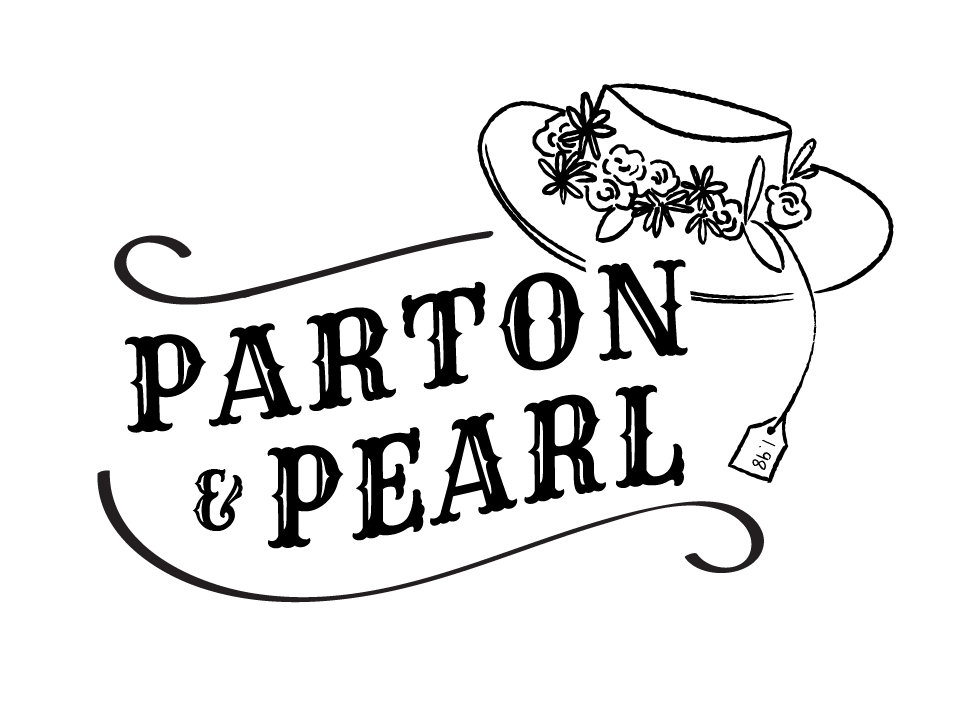


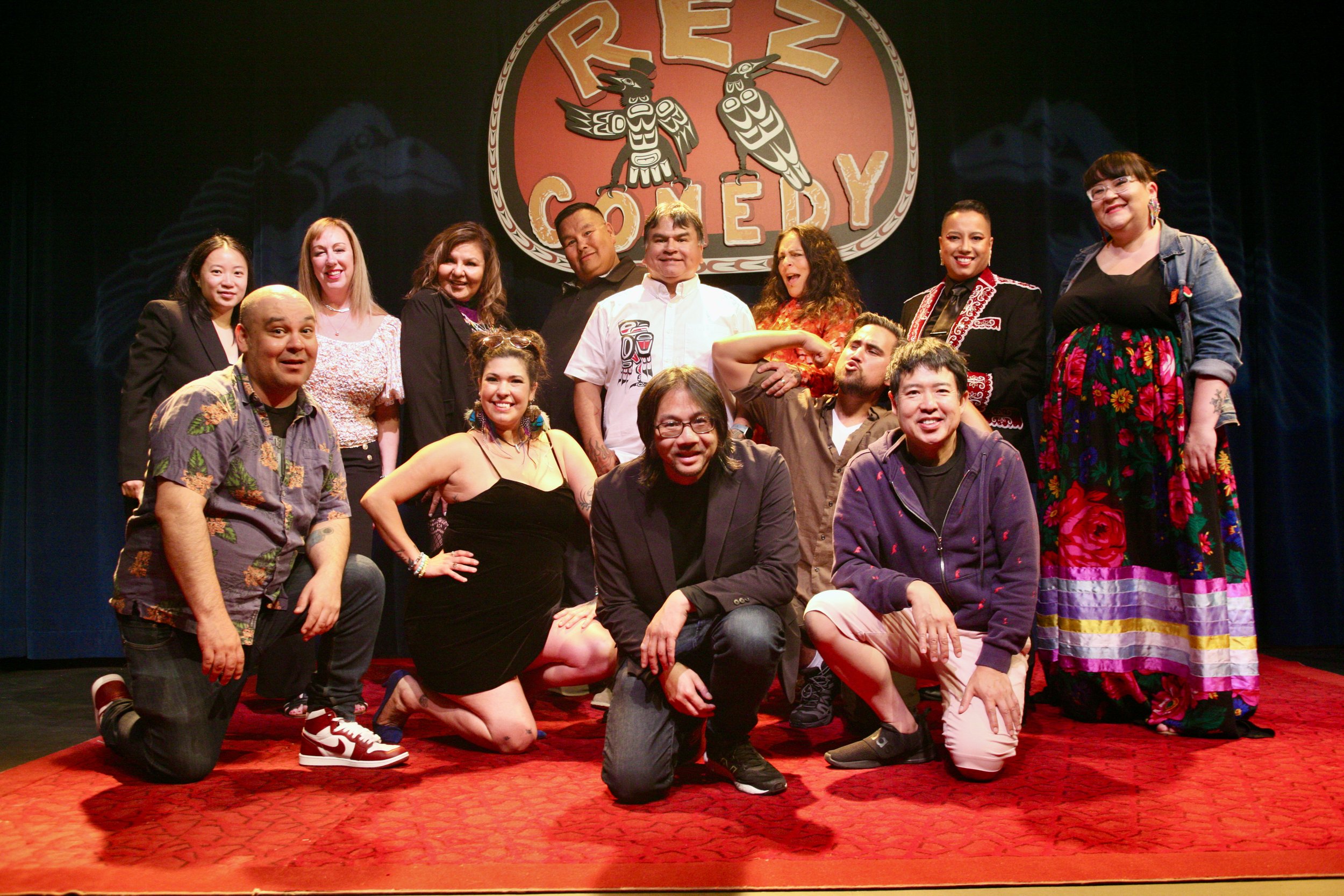
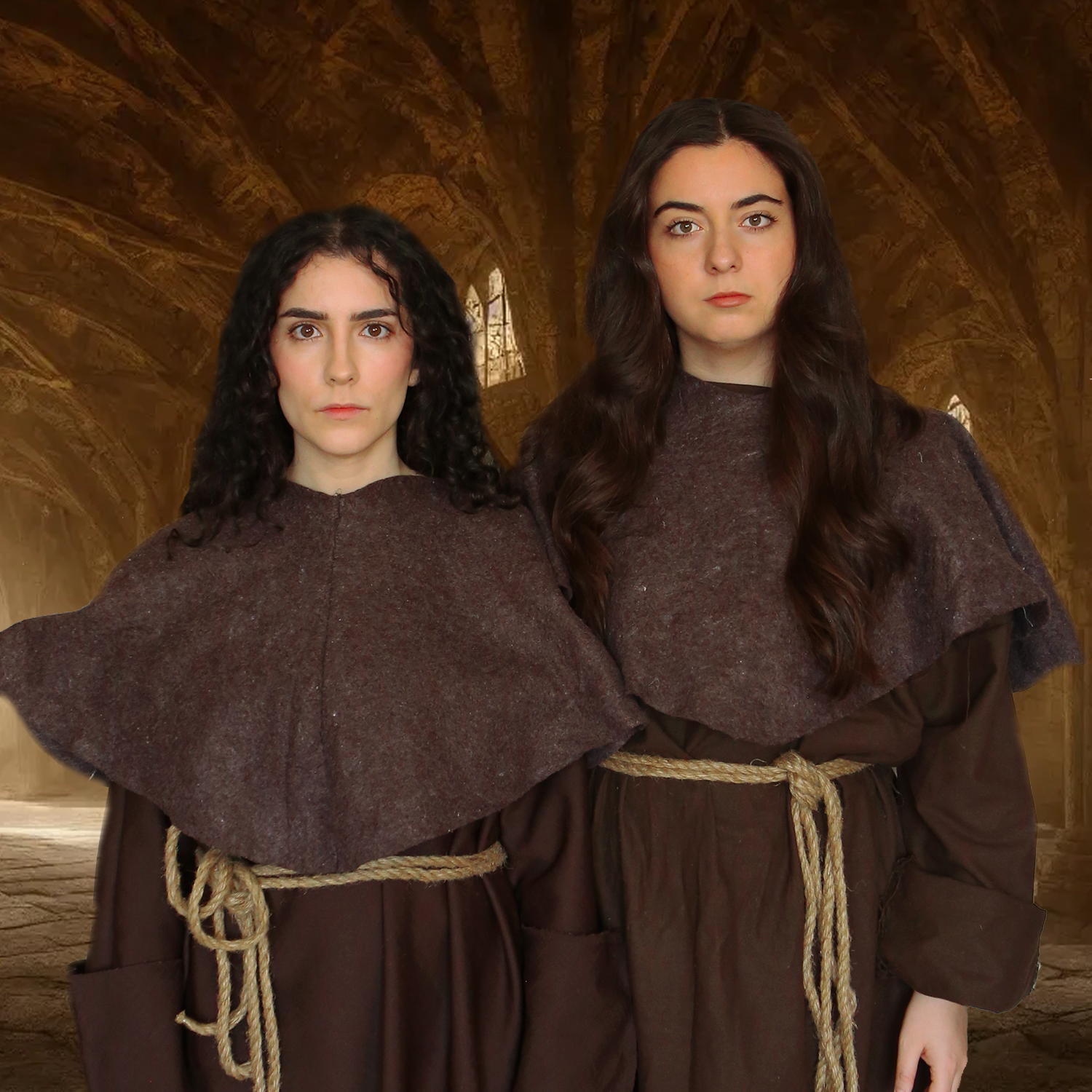
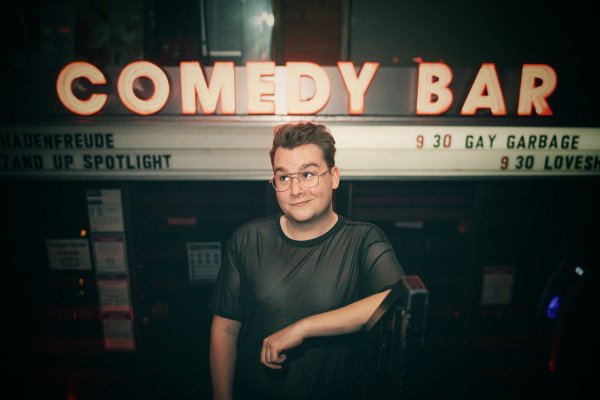

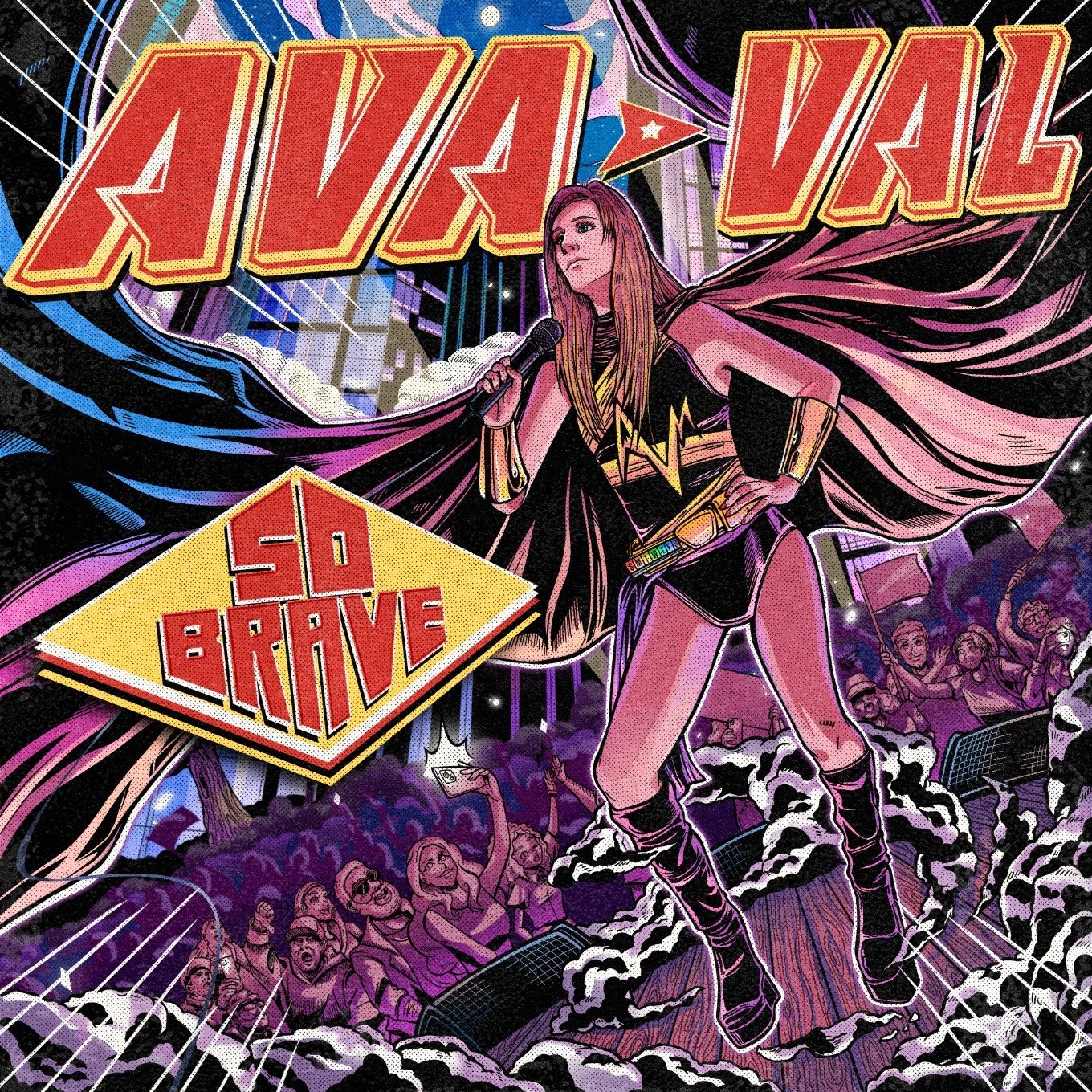

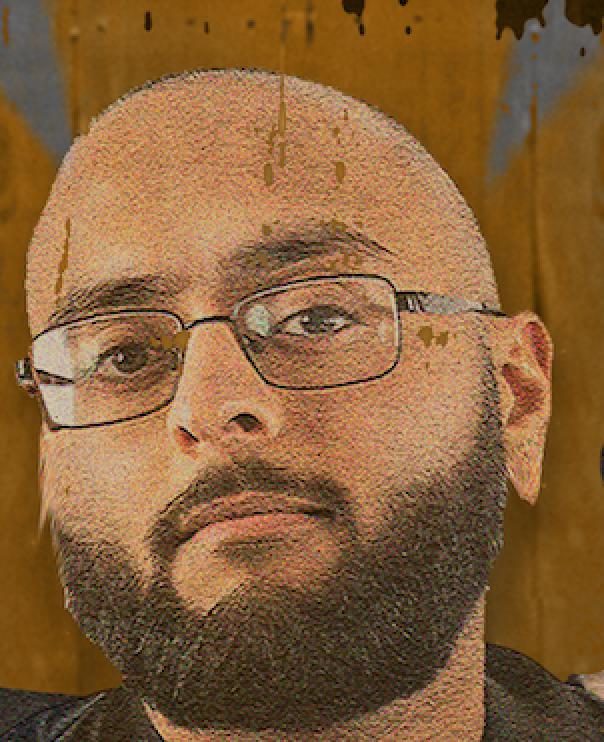

People of Comedy: Celebrating 30 Years of the Nubian Show honours comedian Kenny Robinson